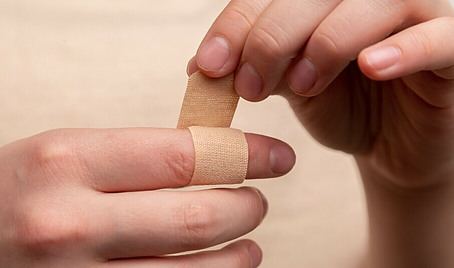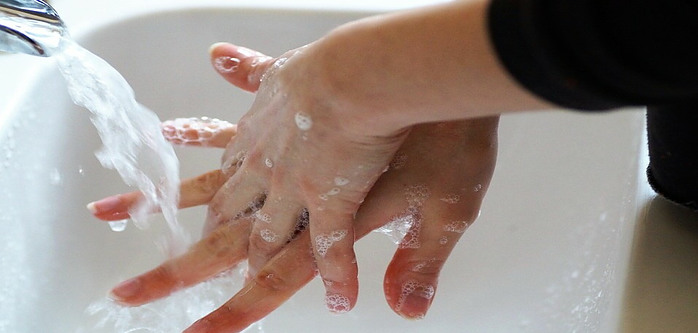
Here are some tips to help you prevent accidents and injuries in the kitchen:
- Keep your kitchen clean and free of clutter. This will help prevent slips and falls.
- Wear proper clothing and closed-toe shoes to prevent slips and falls.
- Keep fire extinguishers and smoke detectors in working order. https://amzn.to/3U1Hmu9
- Use grounded outlets for all kitchen appliances.
- Check appliances of all sizes after 10 years to ensure their buttons, knobs, and switches are in working order, and their electrical wiring is intact. Do not overload a power strip.
- Store heavy or bulky items on low shelves.
- Use the right tool for the job.
- Close drawers and doors.
- Be mindful of your surroundings and avoid distractions while cooking.
- When cooking on the stove Always keep the pot handle turned away from you, little hands can reach higher than you think.
Kitchen Safety for Kids
Cooking can be a delightful adventure, especially when you’re a young chef! But it’s essential to learn how to be safe in the kitchen. Let’s explore some guidelines to ensure a fun and secure cooking experience:
- Your Adult Assistant: Just like professional chefs have helpers, having an adult assistant is crucial. Before you start any recipe, get their permission to work in the kitchen. If your recipe involves knives, stoves, or other appliances, always have adult supervision. Cooking tools may seem simple, but they can surprise you with their complexity. Having an assistant ensures you stay safe and enjoy cooking.
- What to Wear: Put on an apron or an old shirt to keep your clothes clean. Avoid loose-fitting clothing that could catch fire or get tangled in equipment.
- Keep Germs Out of Your Food:

-
- Wash Your Hands: Always wash your hands with soap and water before touching food. This is especially important for recipes that involve direct contact with ingredients.
- Handling Raw Foods: Wash your hands before and after handling raw meat, poultry, eggs, and fish. These foods can carry bacteria, and you don’t want them on your hands.
- Clean Surfaces: Keep countertops and cutting boards clean and dry to prevent cross-contamination.
- Leftovers: Store leftovers properly — refrigerate them within 3 to 4 days or freeze them for longer storage.
- Using the Kitchen Safely:
-
- Learn the Rules: Familiarize yourself with kitchen safety rules.
- Blenders, Knives, and More: Always ask your adult assistant before using blenders, food processors, knives, or other sharp tools.
- Oven Mitts: Use oven mitts when handling hot objects.
- Turn Off Appliances: After using appliances, turn them off to prevent accidents.
- Never Leave the Kitchen Unattended: Stay in the kitchen while cooking to maintain a safe environment.
Remember, cooking is not only about creating delicious meals but also about staying safe and having fun! .
.